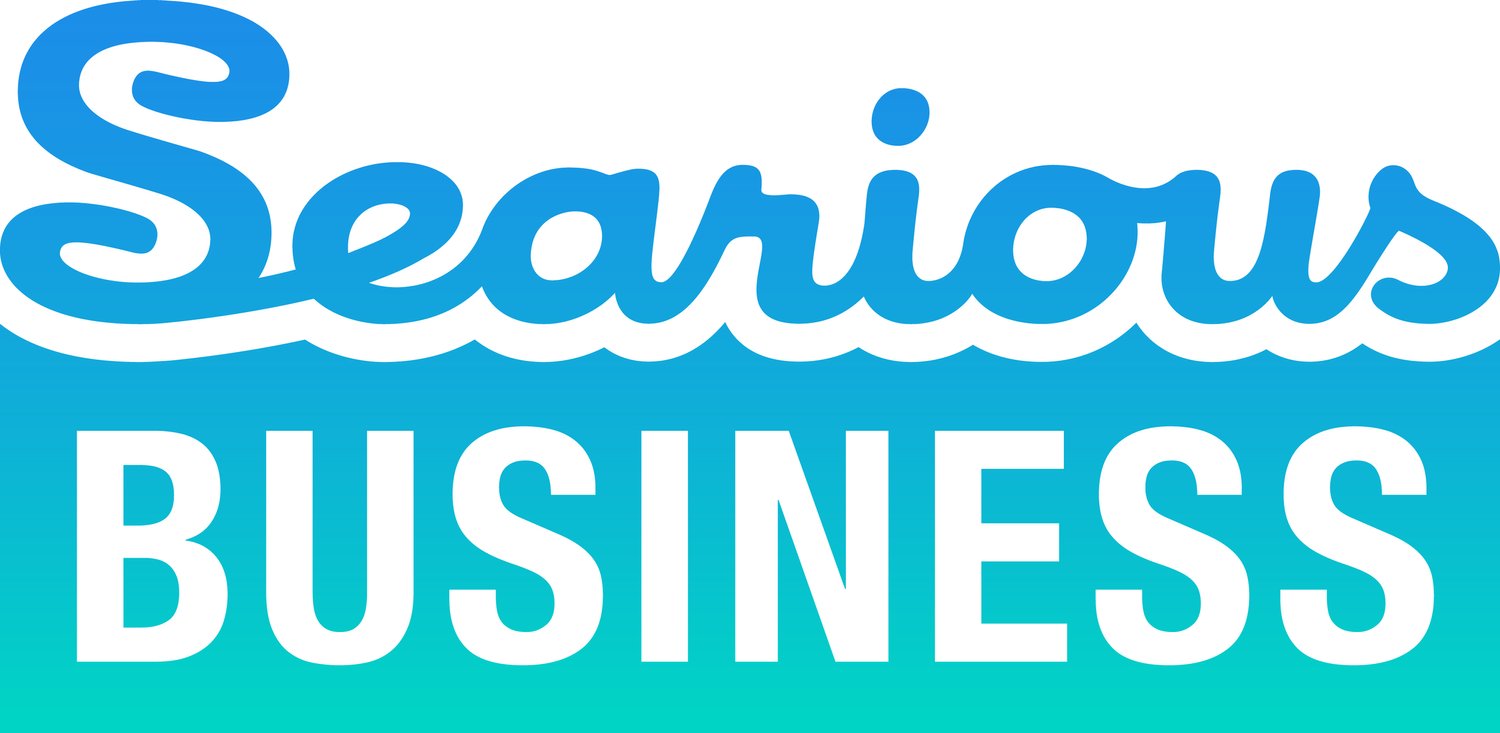Moroccan Supermarkets Tackling Single-Use Plastics
MOSSUP
Morocco generates more than 1 million tons of plastic every year. The increasing plastic pollution in the environment is adversely affecting wildlife, wildlife habitat, and humans. The current waste management system in Morocco is not fit to safely collect and recycle plastics. As a result, more than 33% of plastic waste is dumped in uncontrolled landfills. With the project “Moroccan Supermarkets tackling Single-Use Plastics” (MOSSUP), Searious Business aims to reduce the amount of single-use plastic currently discarded into nature.
The project’s end goal is to increase collection of post-consumer plastic waste and improve the recycling rate of PET plastic. By working with two major Moroccan supermarket chains, Marjane and Carrefour which operates as Label Vie, we are demonstrating how retailers can make changes that reduce plastic leakage into the environment, preserve Moroccan ecosystems and limit exposure to hazards from waste.
PILOTS TO TACKLE SINGLE-USE PLASTICS
Two strategies are being trialled in selected stores from spring 2021
Pilot A
PET bottle deposit scheme
Pilot A is a deposit return scheme which enables a closed loop for bottle-to-bottle recycling. Supermarket customers are invited to return PET plastic bottles to a dedicated collection point in participating stores. For each bottle returned, the customer will receive a voucher or loyalty card points to spend in store. The bottles will be recycled into food grade plastic for use in new bottles. There is great potential for upscaling; we estimate over 26 million bottles could be collected every year in the city of Rabat alone. This equates to savings of 790 tonnes of CO2 and 530 tonnes of plastic waste avoided.
790 tonnes
of CO2 per year
of plastics waste saved
530 tonnes
of landfill space saved
23000 m3
26 million bottles
revenue from sale of plastic collected
€ 120,000
Pilot B
Reusable food container scheme
Pilot B introduces reusable packaging as an alternative to single-use plastic food containers. Deli-counter customers are encouraged to opt for a reusable container which creates zero waste. They pay a small deposit for the container which will be returned when they bring the container back to store. The reusable containers are washed and reused. If widely implemented the city of Rabat alone could avoid a huge 5000 tonnes of plastic waste and save 14,000 tonnes of CO2 per year.Both pilots present solutions which fit the circular economy, and could bring about significant and lasting change to the country both in terms of environmental and financial benefits.
14,000 tonnes
of CO2 per year
5,000 tonnes
of plastics waste saved
Cost supermarket
€
€ 7,600
Single-use plastic
Per month
€ 91,250
€ 63,200
Per year
€ 5,200
Reusable container
COLLABORATION
Searious Business is running the MOSSUP project having been granted funding by The Netherlands Ministry of Foreign Affairs programme for Small Business Innovation Research.
We have partnered with Association Marocaine pour la Protection de l’Environment et du Climat (ASMAPEC) to provide support on the ground in Morocco. The Moroccan Ministry of Industry, Trade and Investment welcomed the project proposal by Searious Business in 2020 and have provided support to the team while they have been engaging key players in the retail and recycling sectors.
Two major supermarket chains, Marjane and Carrefour, are working with us and implemented the pilots in March 2021.
AWARDS
Monthly recap
Stay up to date with our projects and other developments in the circular economy















